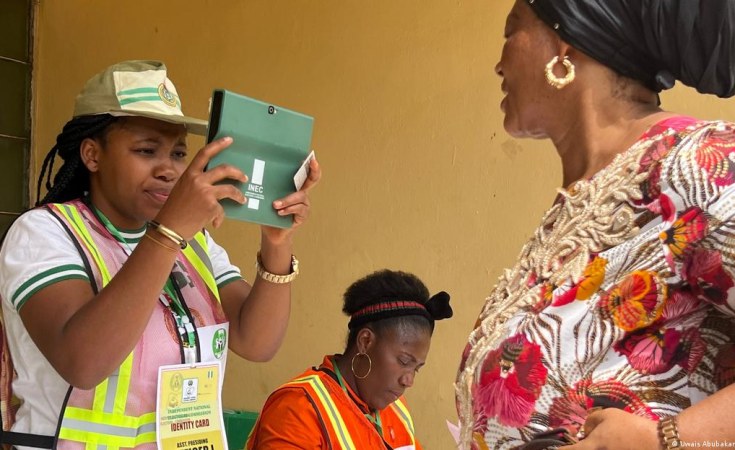Monrovia — The European Union Observer Mission to Nigeria is disappointed in the manner in which the Independent National Elections Commission (INEC) handled the February 25 general elections in the country, however, the ECOWAS Observer Mission thinks INEC ensured greater transparency and inclusivity of the electoral process.
In its preliminary report, EU EOM Chief Observer, Barry Andrews, said although INEC held the elections on schedule, the process was characterized by a lack of transparency.
"Overall, stakeholders had expressed confidence in INEC's independence, professionalism, and voter information efforts, but this decreased ahead of elections. INEC lacked efficient planning and transparency during critical stages of the electoral process, while on election day trust in INEC was seen to further reduce due to delayed polling processes and information gaps related to much-anticipated access to results on its Results Viewing Portal (IReV)," he said.
Mr Andrews said their findings showed election day was marked by late deployment and opening while polling procedures were not always followed.
Additionally, polling staff in the polling units they observed struggled to complete result forms, which were later not posted online.
He said despite introducing the Bimodal Voter Accreditation System (BVAS) and the INEC Results Viewing Portal (IReV) to ensure the credibility of the polls, uploading the results using the BVAS did not work as expected, raising concerns.
Contrary to the EU's view, the ECOWAS Election Observation Mission which is being headed by Ernest Bai Koroma, former President of Sierra Leone, stated that the vote counting and tallying processes were carried out in a transparent, simple and professional manner, in the presence of party agents, observers, and security agents in the daytime in some polling units and with lamps in others, where voting was delayed.
The ECOWAS EOM commended INEC for the measures taken to improve the level of confidence of the electorate in the elections and its proactive communication and interventions to resolve challenges in real time on E-Day. The Mission, however, noted that the logistics delays in the commencement of the voting process in some of the polling stations as well as some technical challenges experienced with the BVA machines affected the efficiency of the process in some areas.
The ECOWAS Mission further commended the speed and transparency in the collation of electoral results and urges INEC to ensure prompt transmission and declaration of the provisional results.


